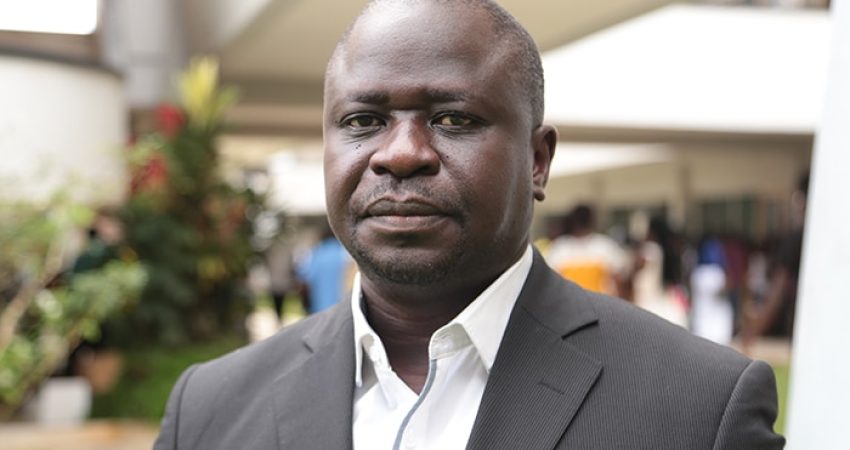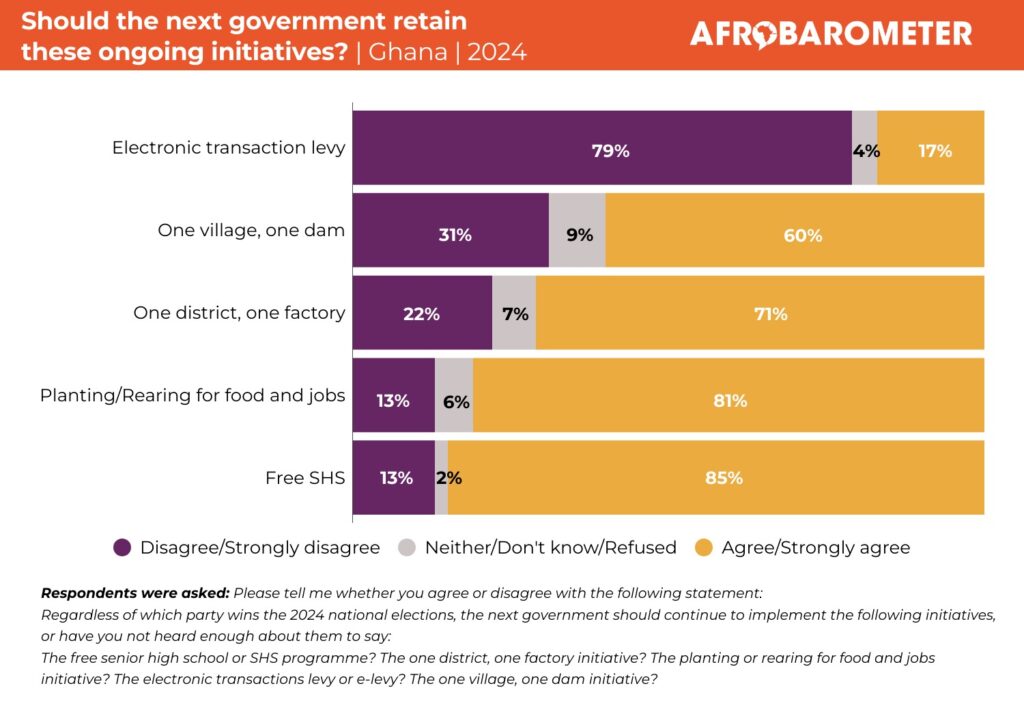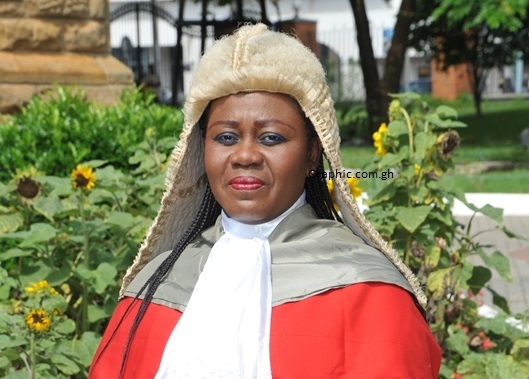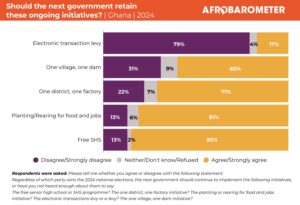I first came into close contact with the Ghana Statistical Service back in 2002 when as a graduate student, I needed some data for a research project I was undertaking in Ghana. Ever since my engagement with the Service, I have closely followed their work to keep myself updated on how well it is fulfilling its charge as “the central statistics producing and coordinating institution for the National Statistical System and to strengthen the production of quality, relevant, accurate and timely statistical information for the purpose of national development.” More importantly, as a social science researcher, I am an end user of their many work products.
The Inflation Conversation
Every country regularly checks the pulse of its economic health using various indicators. One such indicator is the Consumer Price Index as a measure of inflation. Several months ago, I saw on social media a table (Hanke’s Inflation Dashboard) that presented two inflation figures for several countries including Ghana. One was the official country figure, and the other was a figure reported by a well-respected economist, Professor Steve H. Hanke. I was intrigued by the variance in the two numbers. Being a political scientist and not an economist, I sought further understanding on this extreme variance especially since the professor’s work has gained traction over time among some Ghanaians.
The Hanke Argument
There is no shortage of literature on purchasing power parity. I took the liberty of fully reading one he referenced in his tweet on October 15, 2022, as a good starting point on this subject (On Measuring Hyperinflation – Venezuela’s Episode, by Steve H. Hanke and Charles Bushnell, Journal of World Economics, Vol. 18, No. 3, July–September 2017). I understood the argument as follows – in periods of hyperinflation, purchasing power parity is a more accurate measure of inflation. However, to use purchasing power parity, three criteria have to be met – “a) the inflation rate has to be at least 50% per month; b) the 50% rate has to persist for at least 30 consecutive days, and c) the inflation episode has to be fully documented and that inflation episodes had to be replicable”. I also read The Troubled Currencies Project (please see https://www.cato.org/research/troubled-currencies) and learned that it “collects black‐market exchange‐rate data for troubled currencies and estimates the implied inflation rates for each country.”
The professor is not wrong in using a different methodology to assess inflation in Ghana. I am however very concerned that in embracing his figures, some are creating the impression that there is an intentional misreporting by the Ghana Statistical Services. That I believe sincerely, is far from the truth.
The Response of The Government Statistician
During the October 2022 briefing on inflation, Prof. Samuel Kobina Annim (Government Statistician) addressed the variances. As he rightly put it, the two computations use very different methodologies. Anyone who follows the work of the service will agree that they are very clear and transparent about how Ghana’s inflation is calculated. Nothing about that calculation is shrouded in mystery. In fact, one of the things I appreciate about the current government statistician is that in the monthly presentation of the inflation figure, he spends ample time discussing the methodology. Given the two different methodological approaches, Prof. Annim cautioned against comparing them (Hanke’s figure and the GSS figure). I agree with Prof. Annim.
The Bigger Issue
There is nothing wrong with consuming statistics based on two very different methodologies. There is everything wrong with suggesting that different, and the least preferred figure, means something untoward has occurred.
Years ago, I took issue with some people who wanted to argue that the country’s inflation figure should be higher than the officially reported one. In doing so, they went as far as to insinuate improper conduct on the part of the Ghana Statistical Services. It is the same concern I have today with those who want to suggest that the official inflation figure, based on the consumer price index, being lower than a figure based on purchasing power parity, is evidence of inappropriate behavior.
I am not opposed to a healthy dialogue about improving the methodology and tools used in computing the Consumer Price Index. An excellent resource (Consumer Price Index Manual – Concepts and Methods), was published in 2020 by the Intersecretariat Working Group on Price Statistics under the auspices of the International Monetary Fund to help shape that dialogue.
The Ghana Statistical Services is not wrong in its methodological approach. And there is nothing suspicious about its behavior. Anyone who has been following their work, especially under the leadership of Prof. Annim, will appreciate how much good work is being done by the Service.
As an economist friend of mine put it “no country measures official inflation using purchasing power parity.”
 John Osae-Kwapong (PhD.) is a Democracy and Development (D&D) Fellow at CDD-Ghana, Associate Provost for Assessment, Accreditation, and Institutional Effectiveness, Baruch College, The City University of New York
John Osae-Kwapong (PhD.) is a Democracy and Development (D&D) Fellow at CDD-Ghana, Associate Provost for Assessment, Accreditation, and Institutional Effectiveness, Baruch College, The City University of New York
















